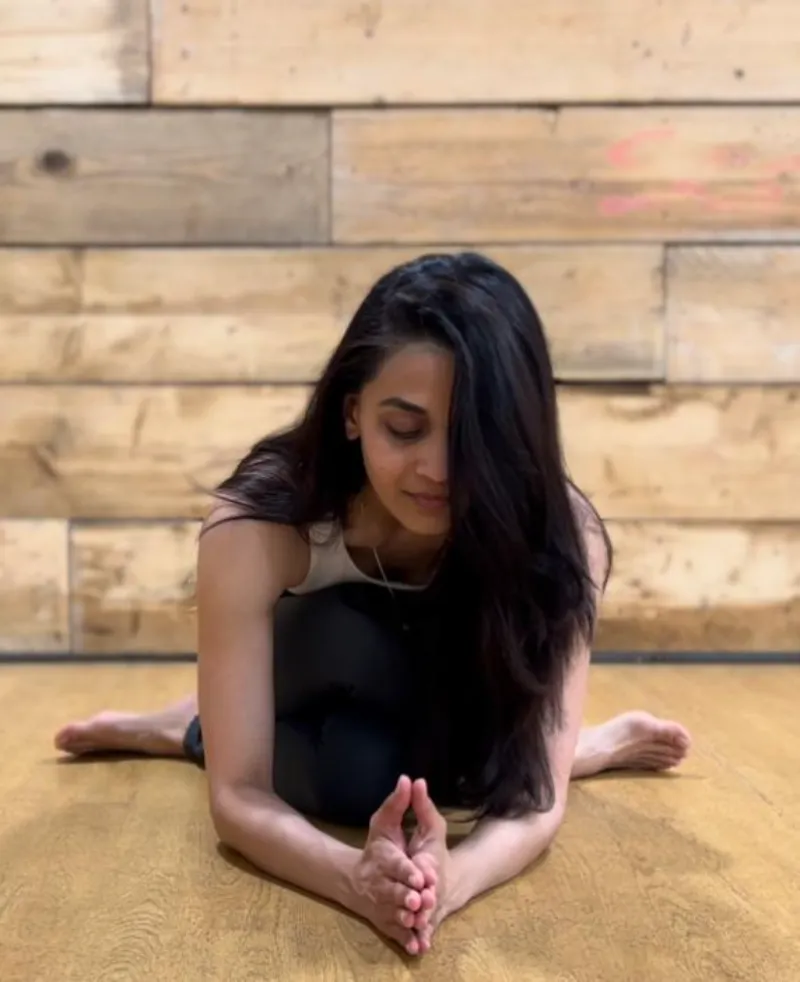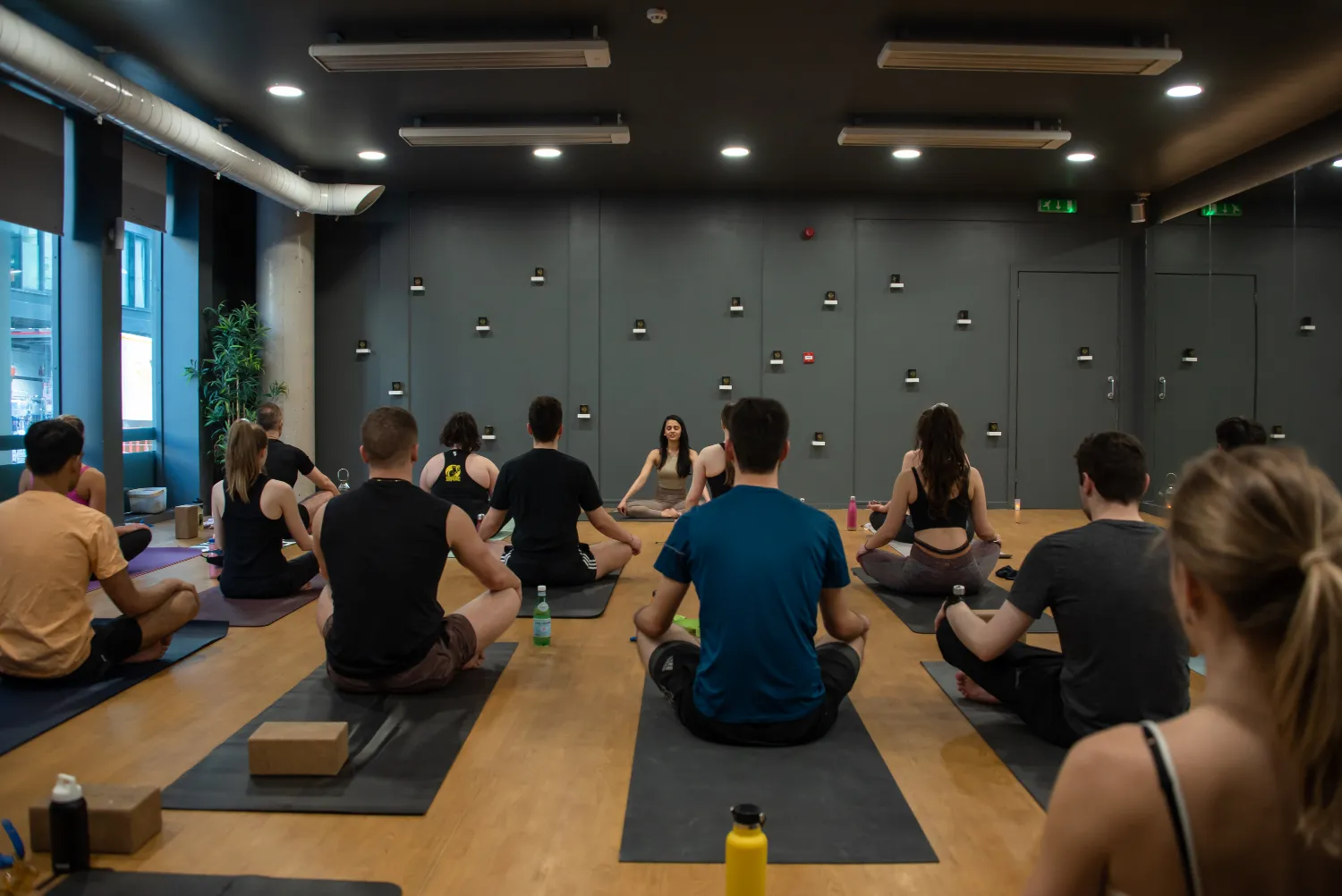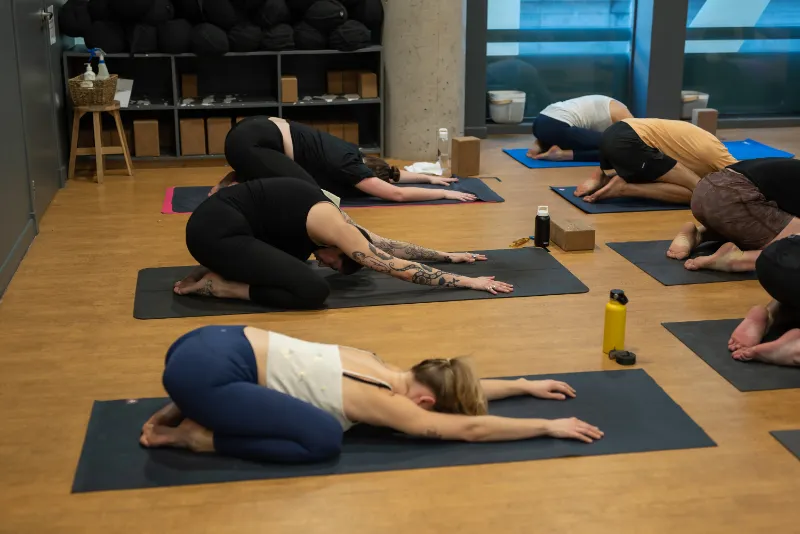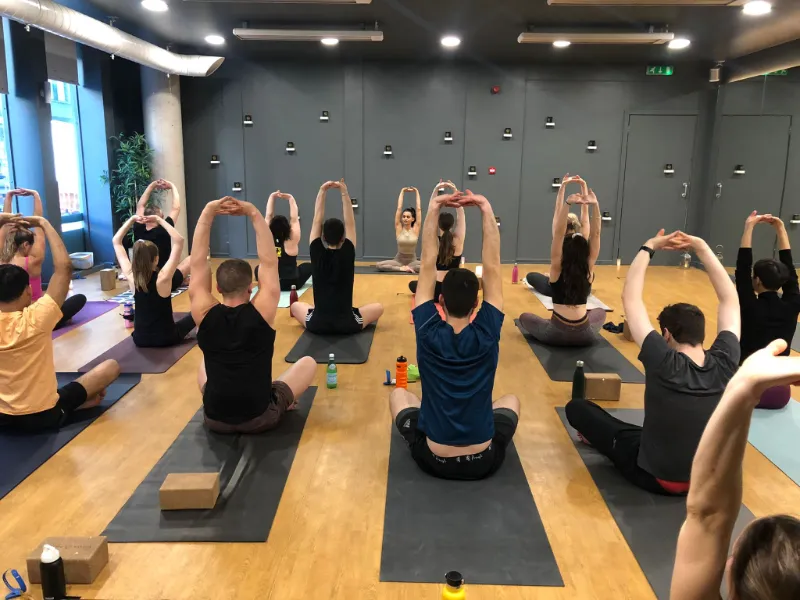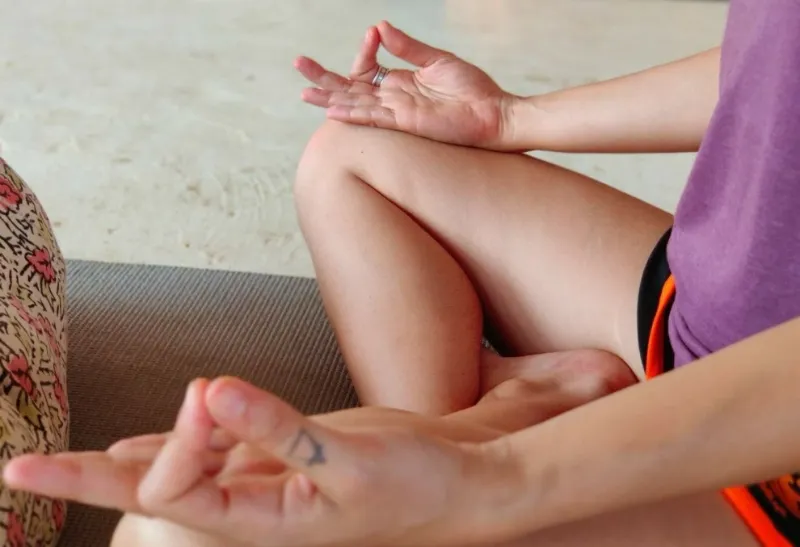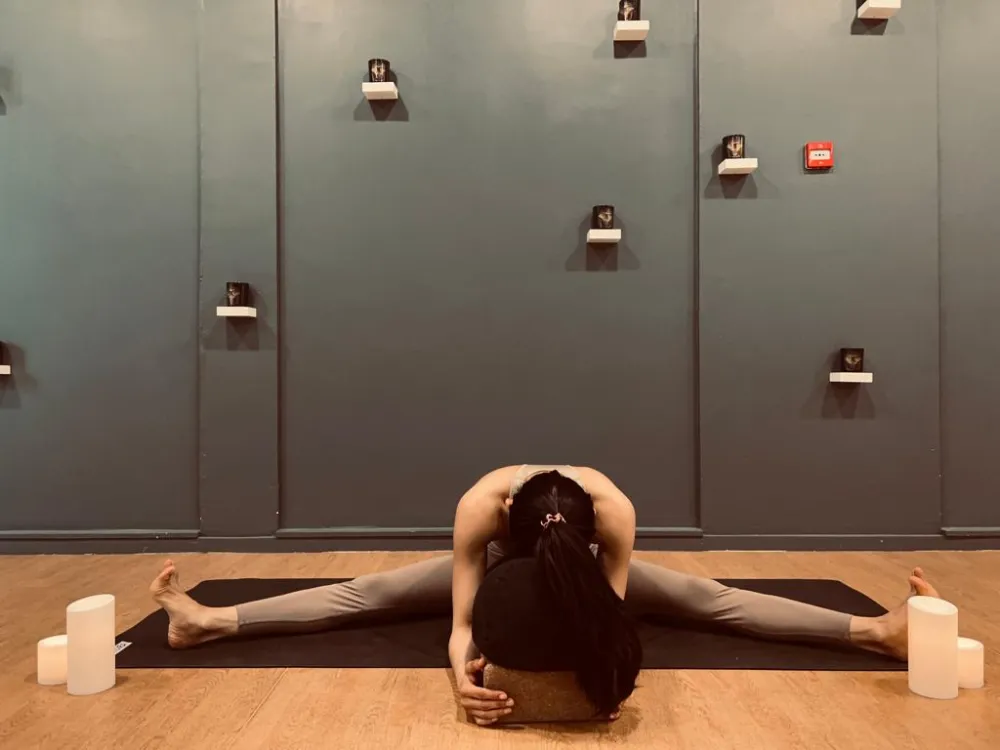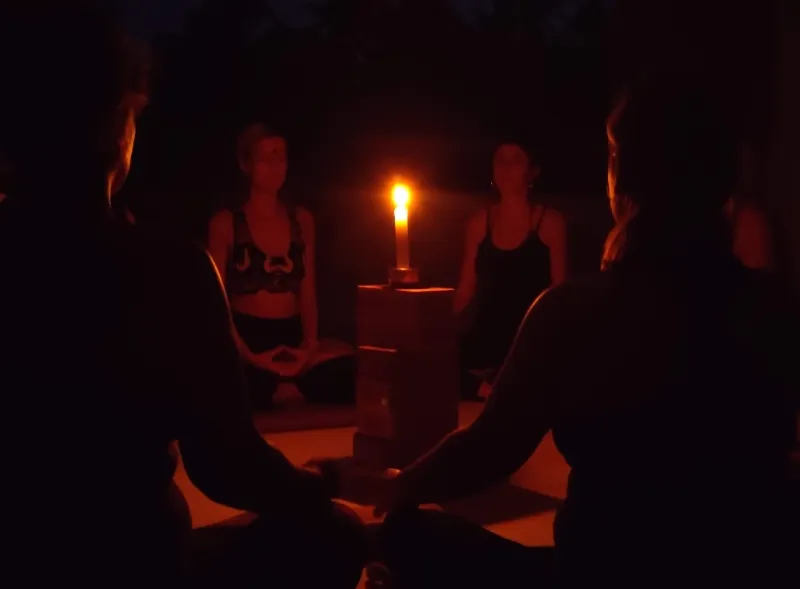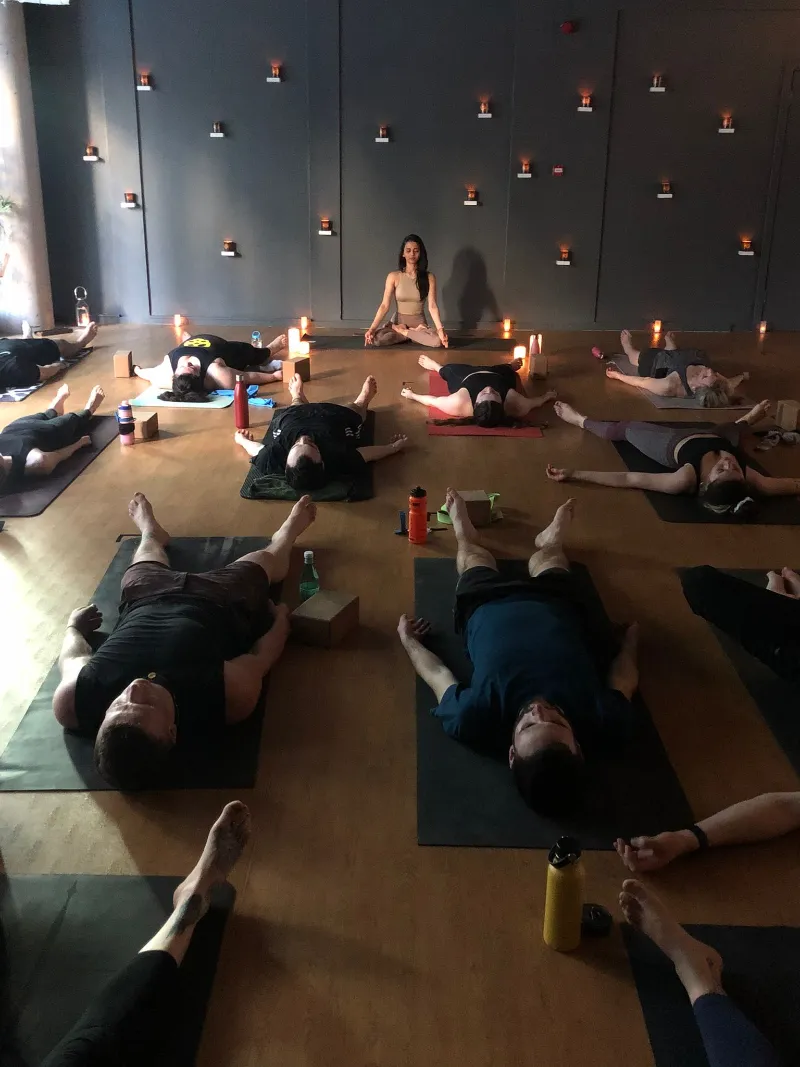Yoga Nidra TTC (20Hrs)
Most believe that relaxing is as simple as reclining on a sofa or going to bed early, closing eyes and sleeping for eight hours. However, the truth is that you will never feel calm unless you are free of muscular, mental and emotional stress. Most people are full of inner tensions all the time and lack awareness of it.
The inner tensions of the body and mind must be released in order to truly feel relaxed. Yoga Nidra is the perfect practice and scientific remedy for releasing all of these stressors. Yoga nidra (also known as yogic sleep) is a potent technique for managing the relaxation response in your body. Yoga nidra can be as relaxing as sleep while keeping you completely awake. Providing your mind and body with an additional window of profound relaxation has numerous advantages!
During Yoga Nidra training you will learn tools and techniques to skillfully guide yourself as well as your students into the practice, making it supportive and relaxing. You will be able to teach yoga nidra sessions to individuals or groups once you have completed the course.
